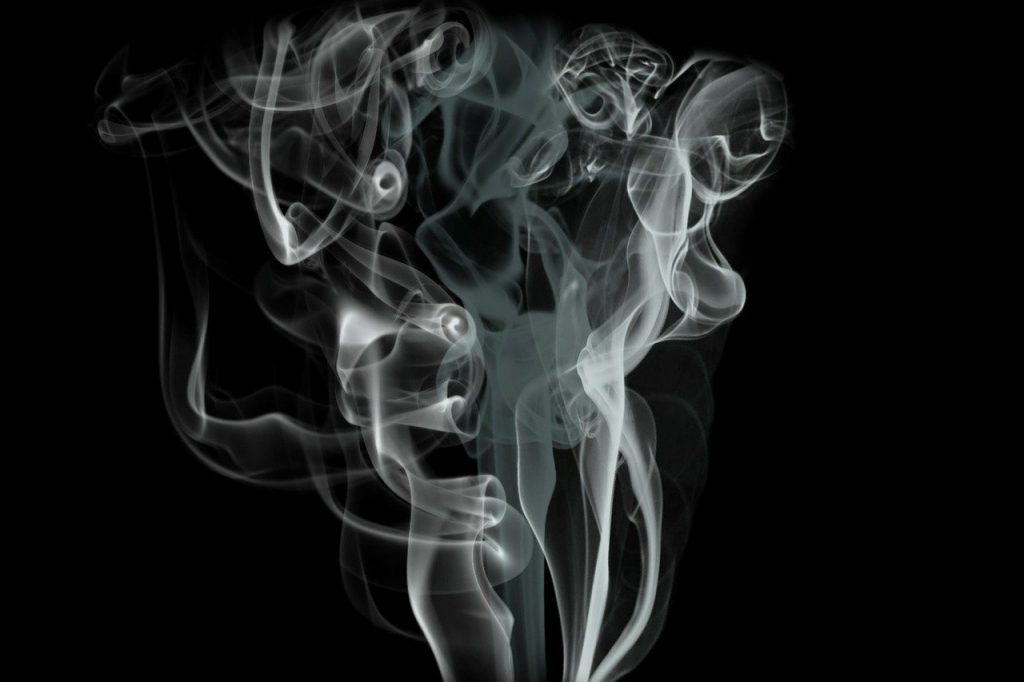
Savuna ilmaan (Up in smoke) podcast
Substance abuse and emotional skills education for secondary school pupils
Produced by Klaari Helsinki, this podcast interviews former substance abuser Pepi, who talks about his youth and how he ended up using cannabis and other substances. What his life was like and what led him towards a substance-free lifestyle.
Savuna ilmaan (Up in smoke) lesson 1
Link to the podcast (in Finnish)
Support material (docx)
The podcast can be used as part of substance abuse education or as a tool to inspire discussion. Through Pepi’s story, young people can also reflect on their own thoughts about intoxicating substances, choices and situations they may encounter in life.
The discussion is facilitated by questions that can be addressed together or, for example, first in smaller groups and then all together. The podcast and the related materials are intended for secondary school pupils.
Questions to facilitate the discussion:
- How did you feel about the podcast?
- Pepi said that he started using alcohol and drugs at the age of 14. What reasons can a young person have for experimenting with and using intoxicating substances?
For Pepi, these included his circle of friends, his father’s death, his timidity, being bullied at school, and the decision he made the first time: this is my thing. He wanted to be part of the group, running away from himself and his feelings by using drugs. He felt bad because he did not have anyone who cared. - In his own words, Pepi became a prisoner of substance abuse. Substance abuse led him to stealing and severe depression, a suicide attempt and treatment in a locked ward. What would have helped Pepi to stop him from experimenting with drugs and eventually becoming addicted to them?
Regular and prolonged use of cannabis leads to increased tolerance, which means that the user needs bigger and/or more frequent doses in order to obtain the same effect. Psychological dependence on cannabis can develop with regular use. Physical dependence may also develop in people who use big doses on a daily basis. If cannabis is smoked mixed with tobacco, psychological and physical dependence on nicotine develops quickly. (EHYT Finnish Association for Substance Abuse Prevention)) - How did Pepi describe the effects of cannabis?
“Smoking dope easily draws you in, and you start neglecting your responsibilities. At some point, cannabis will no longer feel like anything and you have to start getting stronger stuff.” Cannabis does not come with product information, and it affects mental health. He got depressed. - What other effects do you know that cannabis has?
Cannabis users hope it makes them feel relaxed and positive. Cannabis sharpens the senses and may increase the appetite. Large doses may also cause mild hallucinations.
Unpleasant experiences with cannabis, such as anxiety and paranoia, are common. For example, a person under the influence of cannabis may experience restlessness, fear of death or fear of losing control. Cannabis may lower the body temperature and increase the heart rate and blood pressure. The eyes may become bloodshot and the mouth may feel dry.
Note! The effects of cannabis vary according to the type of use, the product used, the plant variety, the environment in which it is used, and the user’s experience and personal sensitivity. Dose size is also highly significant. (source: päihdelinkki.fi) - After years of substance abuse, Pepi sought help and managed to stop with support. Do you know where a young person can get help? Who can help and how?
For example, parents, friends, teachers, school social worker, nurse, school psychologist or another reliable adult.
Helsinki youth centre: tel. 040 688 3377, Siltasaarenkatu 4, 6th floor, 00530 Helsinki - How could adults show support for young people? And young people for each other?
Pepi needed an adult who would have taken care of him and asked him how he was doing. He also hoped that parents would set limits for young people. He urged young people to show their emotions and be themselves. It meant a lot to Pepi that someone noticed him and asked him how he was doing.
*Homework: Ask someone how they are doing.
We are collecting feedback on the lesson material. You can complete the instructor/teacher feedback survey here. . Please also ask your pupils to respond to the feedback survey for lesson 1, available here
Savuna ilmaan (Up in smoke) lesson 2
Link to the podcast (in Finnish)
Support material (ppt)
The second episode of the podcast continues the discussion with Pepi, an expert by experience. He was interviewed by Klaari Helsinki’s young summer employees in 2020. In particular, the episode deals with overcoming substance abuse and the role of other people as providers of support during the recovery process.
In the aftermath of the interview, the podcast dives even deeper under the surface and talks about struggling with uncertainties and difficult emotions. It also raises the question of why it is important to surround yourself with people who make you feel good.
The lesson, or discussion with the group, is supported by ready-made material with questions about the themes of the podcast.
We are also happy to receive feedback. You can access the instructor/teacher feedback here.
